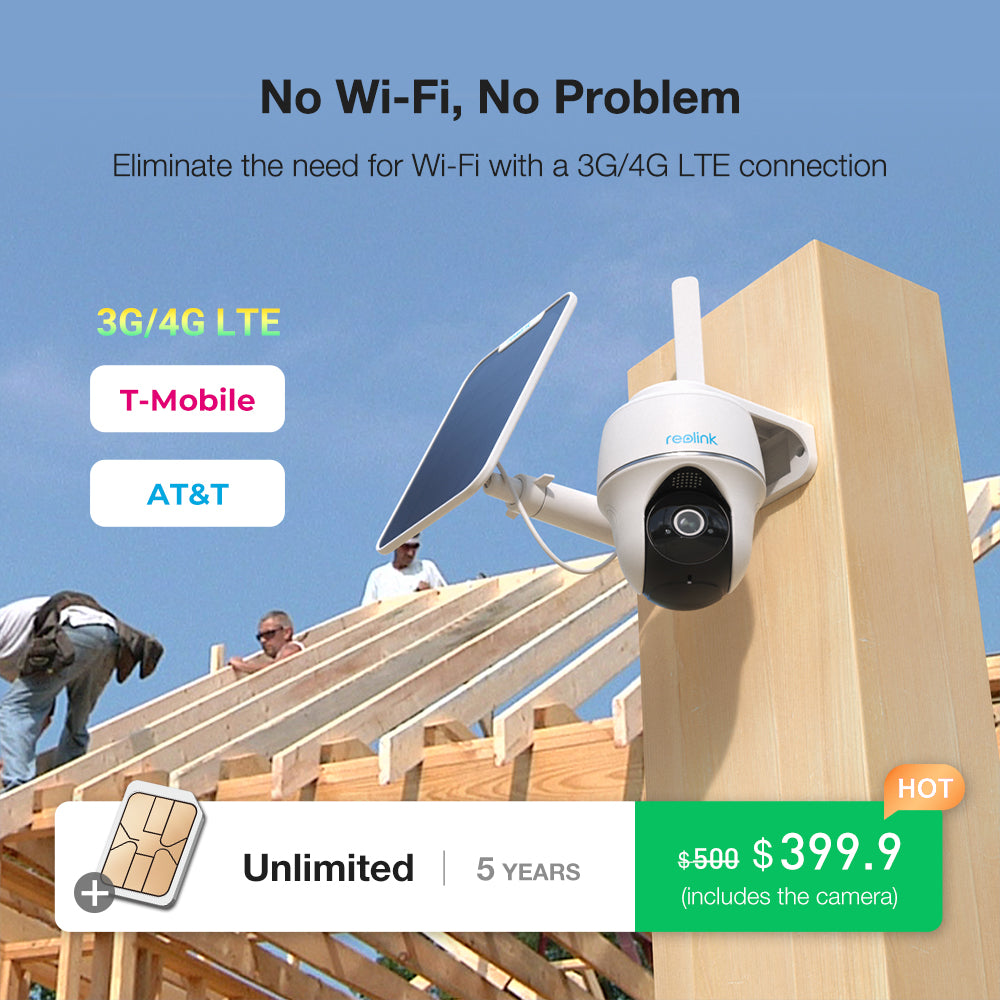Unlock the Secrets of Cellular Security Cameras: Discover Their Game-Changing Benefits!
In an age where security is paramount, the demand for effective surveillance solutions has skyrocketed. Among these solutions, cellular security cameras have emerged as a game-changer in the security industry. Unlike traditional cameras that rely heavily on Wi-Fi connections or complicated wiring, cellular security cameras utilize cellular networks to transmit video footage. This innovation not only simplifies installation but also enhances accessibility, making it easier for users to monitor their properties from virtually anywhere. In this article, we will delve into the various benefits, features, and functionalities of cellular security cameras, shedding light on why they are becoming increasingly popular among homeowners and businesses alike.

Understanding Cellular Security Cameras
Cellular security cameras are innovative surveillance devices that utilize cellular networks—similar to how your smartphone operates—to transmit video data. Unlike traditional security cameras that depend on Wi-Fi or Ethernet connections, which can be limited by distance and require complex setups, cellular cameras offer greater flexibility. They connect to mobile networks, allowing for seamless video streaming without the need for physical wires or a stable internet connection. This feature makes them particularly useful in remote areas where internet access is unreliable or non-existent. The technology behind these cameras involves various components, including a built-in SIM card, which enables the device to communicate with cellular towers, ensuring consistent connectivity and reliable performance at all times.
Benefits of Cellular Security Cameras
The advantages of using cellular security cameras are manifold. One of the most significant benefits is mobility; these cameras can be installed virtually anywhere, as they do not rely on a Wi-Fi signal. This feature is particularly appealing for those who may want to monitor remote locations, such as vacation homes or construction sites. Additionally, cellular security cameras provide remote access through smartphone applications, allowing users to view live footage, receive alerts, and even communicate through two-way audio, all from the convenience of their phones. Installation is also a breeze—many models are designed for DIY setup, eliminating the need for professional installation. This ease of use is complemented by their reliability in areas with limited or no Wi-Fi access, making them a smart choice for comprehensive security solutions.
Features of Cellular Security Cameras
Cellular security cameras come equipped with a variety of features that enhance both security and user experience. High-definition video quality ensures that footage is clear and detailed, which is crucial for identifying potential intruders. Night vision capabilities allow for round-the-clock surveillance, providing peace of mind during the dark hours. Motion detection technology is another key feature; it notifies users immediately when movement is detected, enabling prompt action if necessary. Furthermore, many cellular cameras offer cloud storage options, allowing users to save and access video footage remotely. This feature not only ensures that valuable footage is not lost but also simplifies the management of recorded data. These combined features make cellular security cameras a powerful asset in any security setup.
How Cellular Security Cameras Work
The operational aspects of cellular security cameras are designed for efficiency and effectiveness. When motion is detected, the camera captures video footage and transmits it via cellular networks to a cloud server or directly to a mobile device. This process occurs almost instantaneously, allowing users to respond to alerts in real-time. The role of mobile apps is crucial in this setup, as they serve as the primary interface for users to monitor their camera feeds, adjust settings, and receive notifications. Many apps also allow for the integration of multiple cameras, providing a comprehensive view of all monitored areas. This streamlined communication between the camera and the user ensures that security is maintained effectively, regardless of the user's location.
Choosing the Right Cellular Security Camera
Selecting the right cellular security camera involves several considerations. First and foremost, assess the coverage area you wish to monitor. Some cameras may have limited range, while others are designed to cover larger spaces. Battery life is another critical aspect; choose a camera that offers sufficient battery life to ensure continuous monitoring, especially if it will be installed in a location where power sources are scarce. Additionally, user reviews can provide valuable insights into the performance and reliability of different models. Ultimately, it’s essential to evaluate your personal security needs and select a camera that aligns with those requirements for optimal peace of mind.
Enhancing Security with Cellular Technology
In conclusion, cellular security cameras represent a significant advancement in the realm of surveillance technology. Their unique benefits, such as mobility, ease of installation, and reliable functionality in various environments, make them an attractive option for anyone looking to enhance their security setup. With features like high-definition video quality, night vision, and motion detection, these cameras provide not only peace of mind but also a user-friendly experience. As security concerns continue to evolve, considering cellular security cameras could be a pivotal step in protecting your home or business effectively. Embrace the future of security and ensure your peace of mind with this innovative technology.








